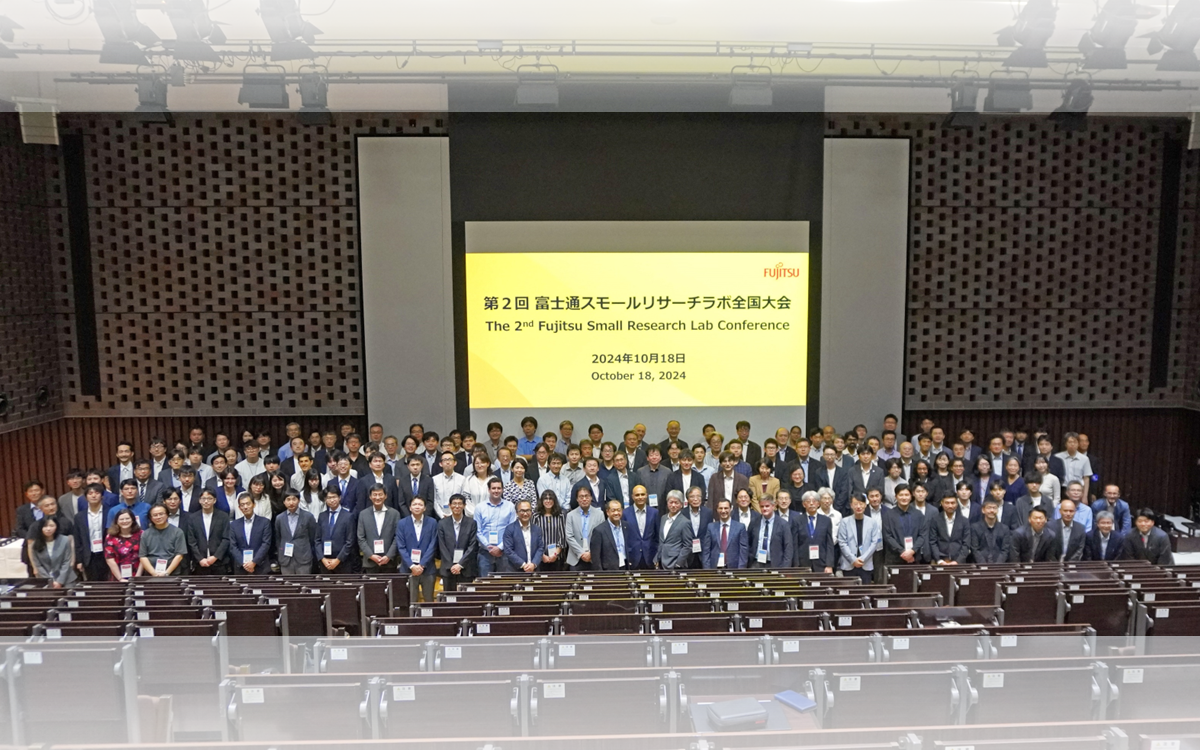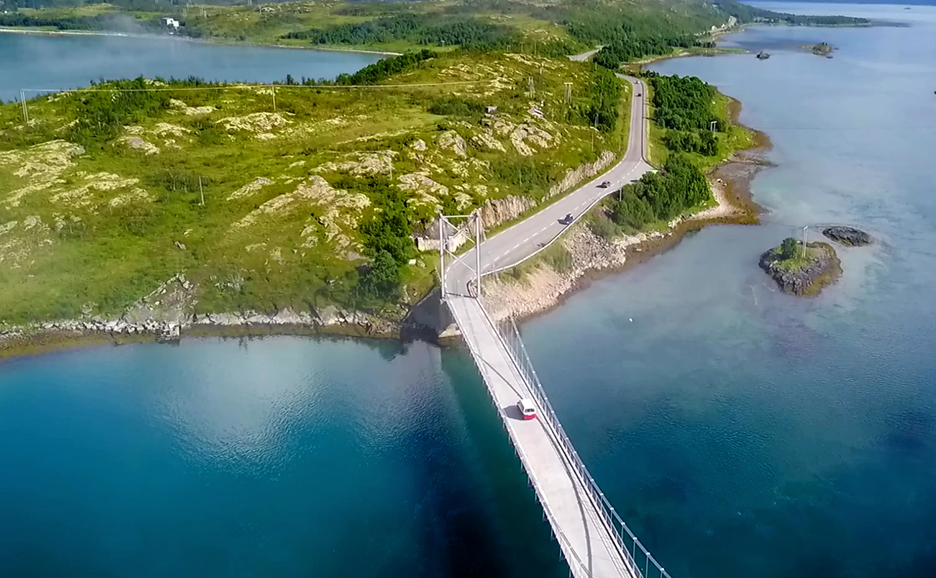The ecosystem creates a more sustainable world
Fujitsu / January 31, 2024
In an increasingly unpredictable world, companies and individuals are struggling to gain a clear vision of the future. External events such as pandemics, wars and the pace of rapid technological advancement transforming current business. Leaders have twofold challenges. On one hand, they need to envision and create a future that people wish for. On the other hand, they need to adjust very quickly to embrace changes that are out of their control.
How can leaders design a future that everyone wants to live in? How can leaders Make A Difference for themselves, their companies, society and the world? One solution is to be part of an ecosystem that wants to create a more sustainable world.
Community
Experts recognize the power of the ecosystem in business. If the word “organization ecosystems” emerged in the 21st century, its applications have been used since there have been companies. In IT, Open Source software development fosters collaboration among companies to create products that are more robust, complete and structured. In business, alliances allow standardization and innovation to raise product quality and creativity. Ecosystems are a balanced means to gain better insights from consumers and serve them better.
One of these ecosystems is composed of individuals and organizations that mentor future leaders. This is the case of Julie Carrier who supports young women to develop their confidence. The business school MIM aims to educate students in Ukraine to create a healthy business environment. The Herrendorf Family Foundation helps students who show leadership in their communities. They have mentoring programs that allow individuals to share their own experiences with the students. In this way, the young generation can benefit from the experience of current leaders. Fujitsu is part of this community mentoring the younger generation.
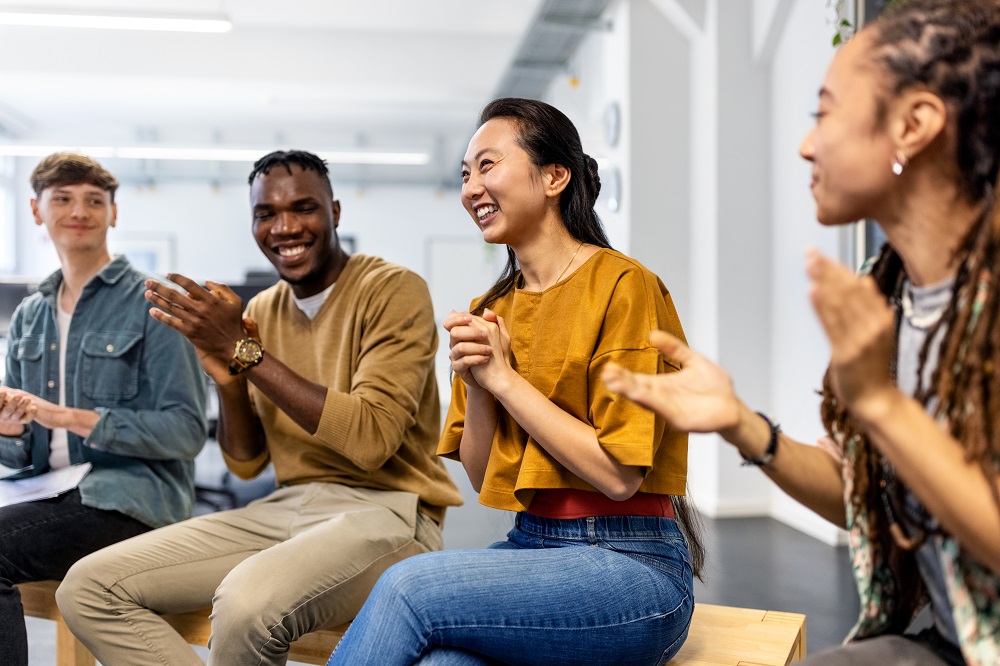
Mentoring the next generations
Is mentoring valuable only for younger people? We live in a period of the great Reshuffle or Quiet Quitting. Employees prefer to work the minimum they can or even move to other companies. In this case, mentoring can be the solution to have people express the best of themselves. Ruth Gotian considers mentoring a terrific way to stretch people’s skills.
“We are all like rubber bands, able to stretch beyond what we thought possible”- Ruth Gotian
Innovation
The Collins English Dictionary introduced the word of the year, “Permacrisis: an extended period of instability and insecurity, especially one resulting from a series of catastrophic events.” This term is further explained by the acronym VUCA: Volatility, Uncertainty, Complexity and Ambiguity. These terms remind us of pandemics, war and climate change. Other events have a similar impact and contribute positively to humanity: technology breakthroughs. Nassim Taleb describes them as Black Swans: outlier events that are rare, extremely impactful and retrospective. For example, the Internet, the personal computer and Artificial Intelligence fall into this category because they are unique events with high impact and we can explain them only after the event. The new leaders are not the ones who know everything better. The new leaders are willing to admit that they do not know what can happen tomorrow and therefore they are open to adapting.
“The Black Swan is a surprise that comes from the outside and changes the course of history“- Nassim Taleb
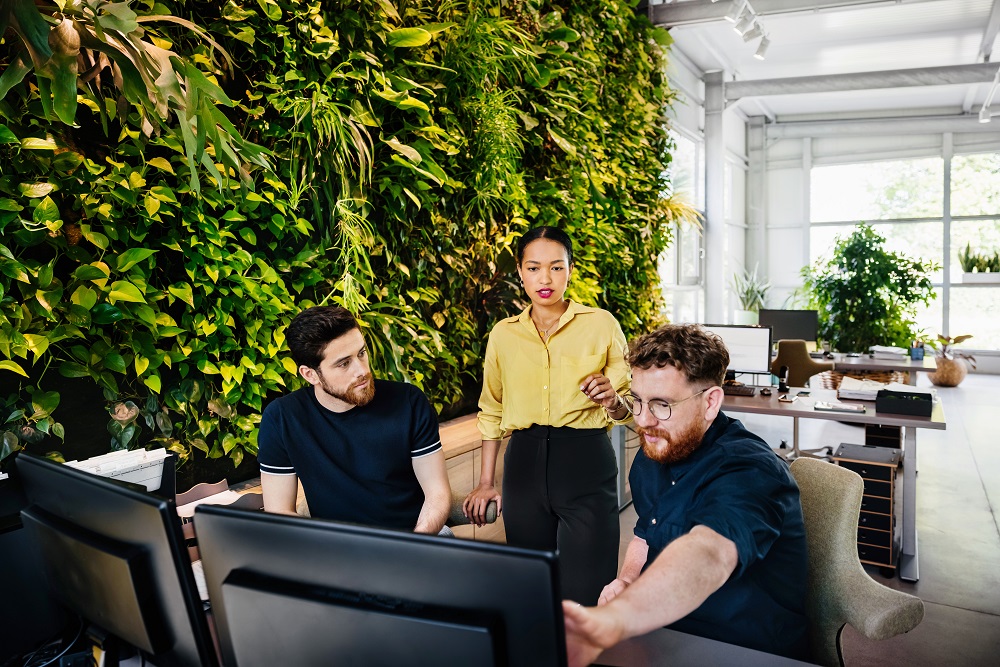
Community innovation
Fujitsu invest in innovation and a community that collaborates to create technology that can help humanity. Fujitsu witnesses the results of Quantum Computer and Digital Annealer to accelerate medicine discovery, analyse climate changes and predict catastrophes. Fujitsu joins the community on projects around Generative AI. ManagementGPT led by Capgemini Invent, is the application of AI to management. It aims to create a virtual manager skilled in the best management practices, which can support everyone in a company, from the new intern to the C-level team.
“AI is leveraged as a dynamic sparring partner, engaging executives in deep strategic reflections, and support tackling complex managerial issues, especially in areas like strategy, business model innovation, and organizational culture.”- Gabriele Rosani
The regenerative ecosystem
The ecosystems that collaborate on nurturing the new generation and innovating with technologies show the power of the ecosystem. As Whitney Johnson writes: “By creating an ecosystem that fuels continued learning, an organization builds capacity ahead of the competition.” The ecosystems congregate individuals and companies with the same growing mindset.

Regenerative ecosystem
A step forward is to consider a regenerative ecosystem that holds “the relationships with the local community. In fact, the business may even be community-owned. This creates a new domain for value creation ignored by traditional business school thinking: community value creation”, as Enrico Foglia explained.
“By introducing a regenerative economic model, the environment will be restored, people will live fuller lives, and economies will achieve a sustainable growth within the planetary boundaries”– Hiroshi Nishikawa
Keeping the Faith
Ecosystems to mentor students, innovate and regenerate the community are examples of how leaders can join ecosystems to improve their business, innovation and society. We still live in permacrisis time and therefore leaders should keep the Faith on the long run while moving in an agile way on the short run. A great example of keeping the Faith comes from Dorie Clark. She experienced being rejected several times before reaching the role she dreamed of. Her lesson to move forward are around 3 questions that leaders can ask themselves:
1) Why am I doing this?
2) How has it worked for others?
3) What do my trusted advisors say?
Not surprisingly the last question is to reach out to mentors. Instead, the first question deals with the core message by Simon Sinek about the why, the reasons to be in business in the first place. The core principles are the values that lead a company’s direction and create a company culture. Answering the why question honestly and authentically creates a genuine culture, a company where employees thrive and clients are happy to do business with.
“Over time, excellence will win out”– Dorie Clark
The next steps
Leaders are facing multiple challenges in a time of permacrisis. Embrace ecosystems can be the way to foster business, employees and the community. Collaboration is the key to innovate and regenerate our society. If things do not work out immediately, keeping the Faith in your values, will give leaders the required strength. If you want to be part of one of these ecosystems, reach out via email to the Fujitsu Technology & Service Vision Team.
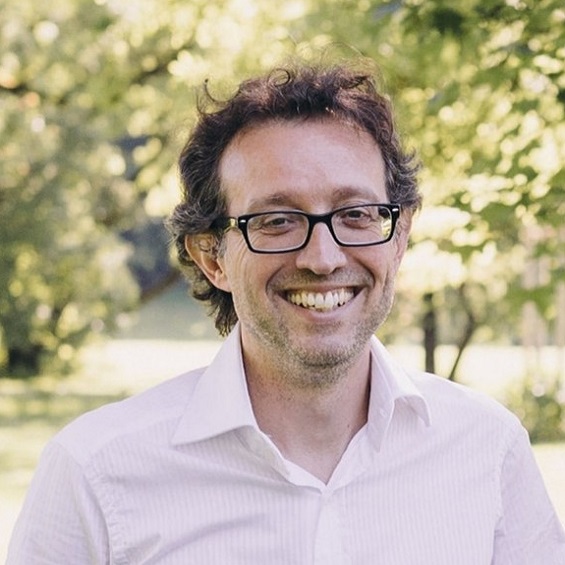
Editor's Picks









